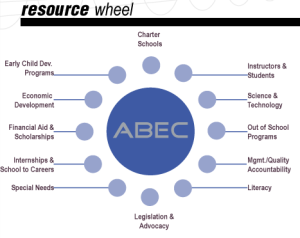Bloomberg Businessweek June 23, 2013
Jorge Ramirez, President, Chicago Federation of Labor asked: “The skills gap in America has nearly reached a crisis point. There are hundreds of thousands of unfilled high-skilled jobs, particularly in areas such as manufacturing, while millions of people are out of work. How do we reconcile this discrepancy so that businesses can maximize productivity and, more important, working men and women can secure meaningful, family-sustaining employment that builds a strong middle class?
Former President Bill Clinton’s answer: “It’s been reported that over 3 million jobs remain unfilled in the U.S., even though 7.6 percent of Americans are unemployed. Employers say they can’t find qualified applicants, despite booming enrollment at community colleges and a plethora of other training programs. Many low wage workers and others who lack post-secondary credentials already posses valuable skills that aren’t reflected on a resume. Getting people into courses or credentialing programs recognized by employers will allow job seekers both to better develop skills and to demonstrate them to employers.
“At last year’s Clinton Global Initiative America (CGI) meeting, a group of participants started a conversation about setting competency standards for educational institutions and employers to place qualified workers in open jobs. As a result, the Business Roundtable, with support from the Joyce, ACS, and Lumina Foundations and Siemens, committed to evaluating how industry-recognized certifications can address the mismatch between what an employer needs and what a worker is trained to do. We need this kind of increased private-sector commitment to skills training, particularly when pubic resources continue to be a challenge.
“Two years ago at CGI America, we received a commitment from the AFL-CIO that is a model of private- and public-sector involvement in job creation, energy efficiency, and skills training. Organized labor committed $10 billion of public and private pension assets to energy-efficiency projects and related infrastructure investments over the next five years. it pledged to train incumbent and entry-level workers for the skills to meet industry demands.
“The Building Trades unions, in partnership with employers, dedicate considerable resources to meeting the skills gap through their jointly managed registered apprenticeship programs. These respond to the needs of industry, equip workers with skills for not only a job but also a career, and don’t cost the government any money. We should promote more of these types of partnerships to develop successful models across industries.”

